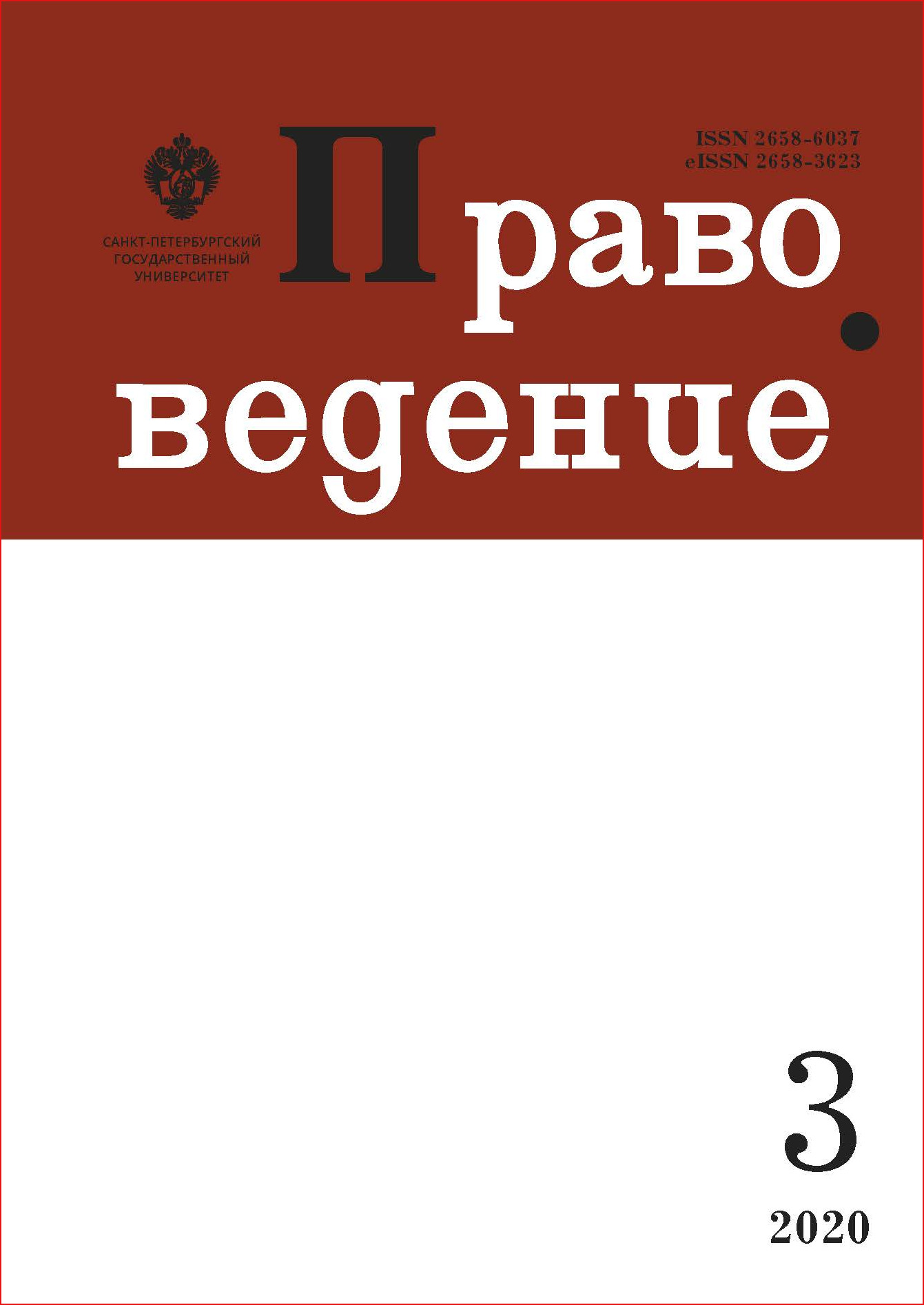ELI Principles for the COVID-19 crisis
DOI:
https://doi.org/10.21638/spbu25.2020.305Abstract
In connection with the COVID-19 pandemic, restrictions were introduced in many countries based on the priority of public interests over personal freedom, national relations over international relations. The article draws attention to the difficulties that states have begun to experience in connection with the outbreak of the COVID-19 pandemic. In addition to the significant damage to the economy, the process of centralization of power and the suppression of the rule of law has increased. Isolation has had a significant impact on the functioning of European and national institutions. The European Law Institute has developed a special instrument that could become a kind of instruction or guide to action for states in a crisis in order to preserve democracy, the rule of law, as well as justice in human relations. This document is based on the demonstration of the need to comply with the fundamental principles required by the rule of law. The authors of the article are members of the European Law Institute, an international organization of legal practitioners and scholars. The main goal of the organization is to provide a common platform for all European countries to develop a legal culture. The article provides an analysis of all 15 principles of the European Law Institute, which are intended not only for member states of the European Union, but also for other democratic rule-of-law states. Human rights have become the main targets of the pandemic. According to the authors, this article should arouse the interest of scholars to discuss the principles of the European Law Institute, which are designed to remind people about the observance of the rule of law in a crisis.
Keywords:
European Law Institute principles, coronavirus crisis, fundamental freedoms of the European Union, time restrictions, rule of law
Downloads
References
Downloads
Published
How to Cite
Issue
Section
License
Articles of "Pravovedenie" are open access distributed under the terms of the License Agreement with Saint Petersburg State University, which permits to the authors unrestricted distribution and self-archiving free of charge.




